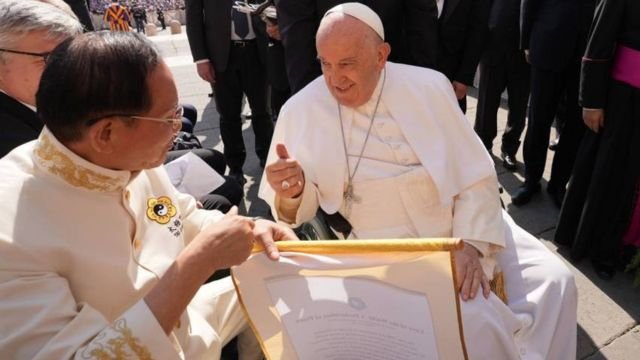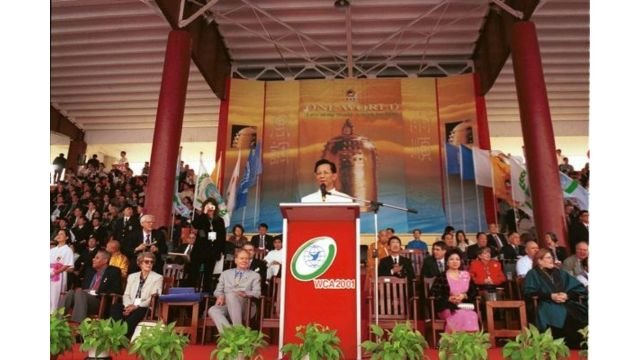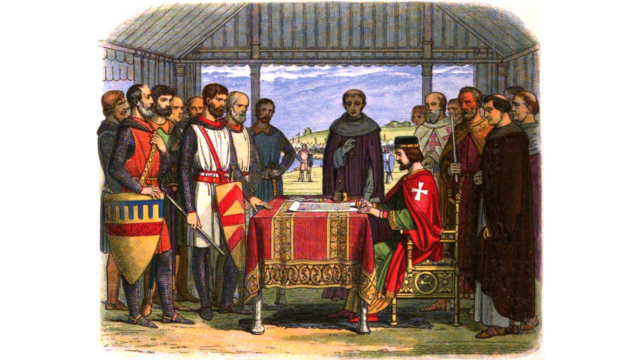Father Walter J. Ong reflected on the role of conscience in guiding us through the great transformations in communication. His thoughts resonate with Dr. Hong’s teachings.
Tai Ji Men
United by Difference: Pope Francis and Dr. Hong Tao-Tze. A Personal Memoir
On May 15, 2024, the Grand Master of Tai Ji Men met the leader of the Roman Catholic Church in St. Peter’s—a last and lasting moment.
50 Years of the Association of World Citizens: An Appeal for the Tai Ji Men Case
AWC celebrates five decades of standing firm for human rights. It is a good opportunity to call for a solution of the Tai Ji Men case.
Tai Ji Men: Ancestral Wisdom Rooted in the Conscience of a People
Celebrating the “World Citizenship Day” means also honoring the intrinsic right of every citizen to FoRB, which significantly contributes to a better society.
World Citizenship Day: An Opportunity to Start Solving the Tai Ji Men Case
Taiwan’s reputation for respecing all its citizens is tarnished by a ridiculous and fabricated case that should urgently be solved.
Spreading the Truth on the Tai Ji Men Case: A Webinar
On the United Nations International Day for the Right to the Truth Concerning Gross Human Rights Violations and the Dignity of the Victims, the suffering of Tai Ji Men was compared to other cases where religious liberty was violated.
Tai Ji Men Dizi as World Citizens
Thousands of dizi (disciples) have visited more than one hundred countries in self-funded travels to promote peace, love, and conscience.
Citizens’ Rights and the Struggle of Tai Ji Men
Only by solving the Tai Ji Men case will Taiwan prove that it is aligned with the tradition of the international declarations affirming human rights.
Citizens, “Full Citizens,” and the Tai Ji Men Case
Being a citizen and a “full citizen” is different. The failure of transitional justice in Taiwan means that Tai Ji Men dizi are not really recognized as “full citizens.”
World Citizenship Day, Transitional Justice, and the Tai Ji Men Case
The celebration is an opportunity to honor the leaders of the Association of World Citizens and ask the government of Taiwan to effectively implement transitional justice.










